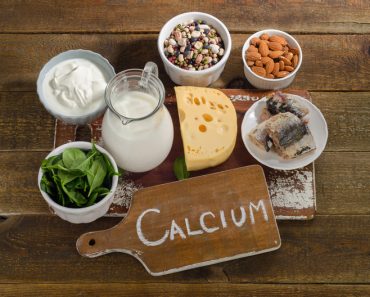Plant-based diets have gained significant attention in recent years for their potential health benefits and positive impact on the environment. Emphasizing whole, minimally processed plant foods while minimizing or excluding animal products, these diets offer a variety of nutrients and can contribute to overall well-being. Let’s delve into the world of plant-based eating and explore its advantages for health and wellness.
What is a Plant-Based Diet?
A plant-based diet is centered around foods derived from plants, including fruits, vegetables, whole grains, legumes, nuts, and seeds. While some variations may include small amounts of animal products, such as dairy or eggs, others adhere strictly to plant foods, excluding all animal-derived ingredients.
Nutrient-Rich Foods
Plant-based diets are rich in essential nutrients, including vitamins, minerals, fiber, and antioxidants. Fruits and vegetables provide a wide range of vitamins and minerals, while whole grains offer complex carbohydrates and fiber for sustained energy and digestive health. Legumes such as beans, lentils, and chickpeas are excellent sources of protein, fiber, and micronutrients like iron and zinc.
Health Benefits
1. **Heart Health**: Plant-based diets are associated with a lower risk of heart disease due to their emphasis on fiber-rich foods and the absence of cholesterol found in animal products. Studies have shown that plant-based eaters have lower levels of LDL cholesterol, blood pressure, and inflammation, reducing their risk of cardiovascular events.
2. **Weight Management**: Plant-based diets tend to be lower in calories and saturated fats compared to omnivorous diets, making them conducive to weight loss and weight management. High-fiber foods promote feelings of fullness and satiety, reducing the likelihood of overeating and aiding in weight control.
3. **Diabetes Prevention and Management**: Plant-based diets rich in whole grains, fruits, and vegetables can help stabilize blood sugar levels and improve insulin sensitivity, making them beneficial for diabetes prevention and management. They also tend to have a lower glycemic index, reducing the risk of blood sugar spikes.
4. **Cancer Risk Reduction**: Certain plant foods contain phytochemicals and antioxidants that have been linked to a reduced risk of certain cancers, including colorectal, breast, and prostate cancers. Additionally, the high fiber content of plant-based diets may help promote healthy digestion and reduce the risk of colon cancer.
5. **Gut Health**: The fiber found in plant foods nourishes beneficial gut bacteria, promoting a healthy microbiome and supporting digestive health. A diverse array of plant foods, including fruits, vegetables, legumes, and whole grains, is essential for maintaining a thriving gut ecosystem.
Environmental Impact
Plant-based diets have a lower environmental footprint compared to diets rich in animal products. Producing plant foods requires fewer resources such as water and land and generates fewer greenhouse gas emissions. By reducing reliance on animal agriculture, plant-based eating contributes to sustainability and conservation efforts, helping to mitigate climate change and preserve natural ecosystems.
Tips for Transitioning to a Plant-Based Diet
1. **Gradual Changes**: Start by incorporating more plant-based meals into your diet and gradually reducing your intake of animal products. Experiment with new recipes and ingredients to keep meals interesting and flavorful.
2. **Focus on Variety**: Aim to include a wide variety of plant foods in your diet to ensure you get a diverse array of nutrients. Incorporate different colors, textures, and flavors into your meals by including fruits, vegetables, whole grains, legumes, nuts, and seeds.
3. **Meal Planning**: Plan ahead by preparing plant-based meals in advance and stocking up on pantry staples like beans, lentils, whole grains, and canned vegetables. This can help streamline meal preparation and make it easier to stick to your plant-based eating goals.
4. **Seek Support**: Connect with friends, family, or online communities who follow plant-based diets for support and encouragement. Sharing recipes, tips, and experiences can help you stay motivated and navigate any challenges along the way.
Plant-based diets offer a wealth of health benefits, ranging from improved heart health and weight management to reduced risk of chronic diseases like diabetes and cancer. By emphasizing whole, minimally processed plant foods and minimizing or excluding animal products, individuals can enhance their well-being while also contributing to environmental sustainability. Whether you’re considering a complete dietary overhaul or simply looking to incorporate more plant-based meals into your routine, embracing plant-based eating can be a delicious and rewarding journey toward better health and wellness.







